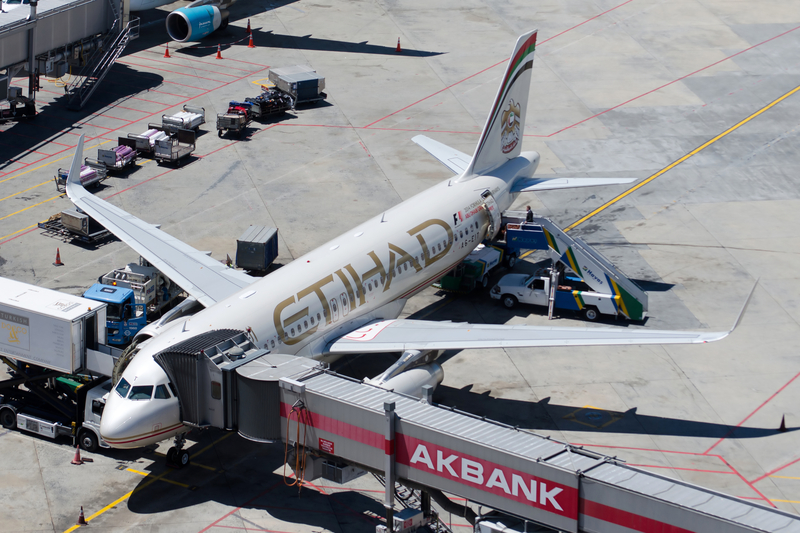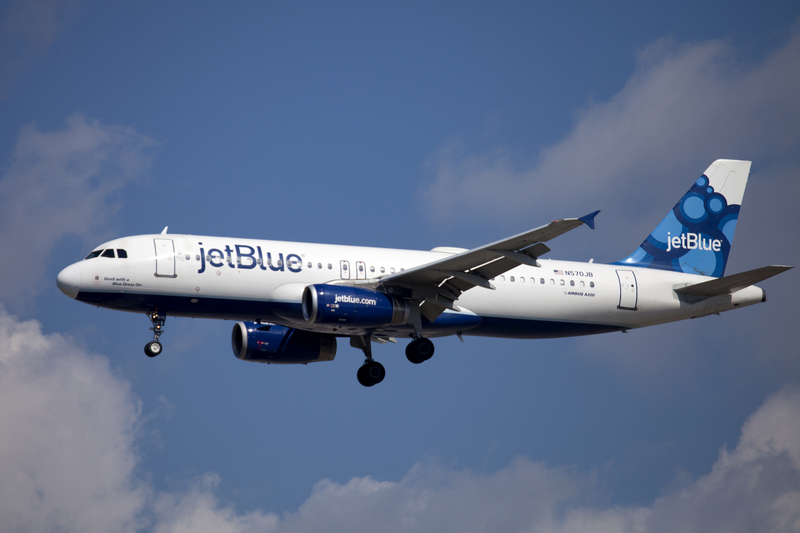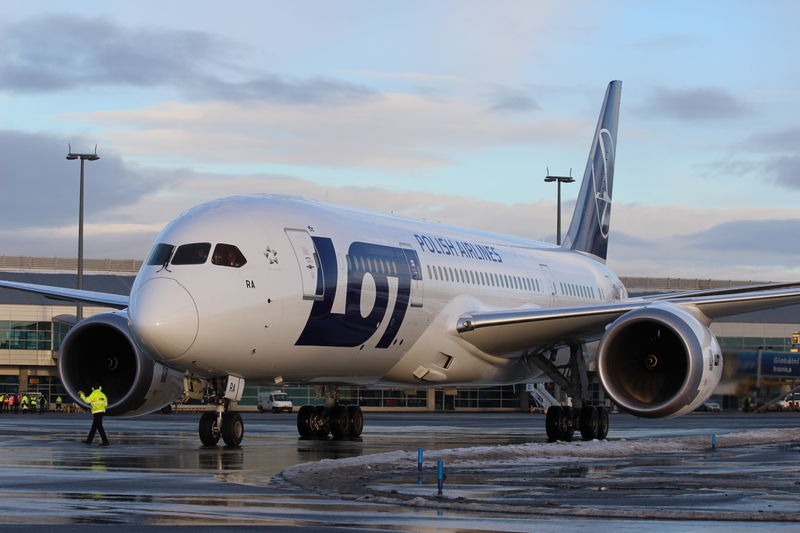Etihad Airways To Resume Abu Dhabi – Kabul Flights In December

ID 40873074 © Alpiee | Dreamstime.com
Etihad Airways will return to Kabul for the first time since the airport’s closure in August 2021, restoring a direct link between the UAE and Afghanistan as of December 18, 2025. The Abu Dhabi–based carrier will operate three weekly services on Tuesdays, Thursdays, and Saturdays, using Airbus A320 aircraft configured with 8 business and 150 economy seats.
The comeback marks another step in Etihad’s rapid regional build-out this year and adds a politically and operationally complex destination back into its network.
Why Etihad is going back
Demand exists on several fronts. The UAE hosts one of the world’s largest Afghan diaspora communities, and Abu Dhabi’s hub facilitates one-stop access from Kabul to Asia, Europe, and North America. For the UAE–Afghanistan corridor itself, the route supports family visits, trade, and official travel tied to aid and development work.
More broadly, Etihad has been concentrating growth inside a four-hour radius of Abu Dhabi—deploying single-aisle aircraft to stitch together high-demand regional markets. Kabul slots neatly into that strategy.
Flight timings (local)
-
EY310 Abu Dhabi (AUH) 14:45 → Kabul (KBL) 18:15
-
EY311 Kabul (KBL) 19:10 → Abu Dhabi (AUH) 22:10
The schedule enables late-evening onward connections at AUH to South Asia, Southeast Asia, and overnight departures to Europe.
The onboard product
Etihad’s A320s offer a 2-2 business class with lie-flat-style recliners (wide pitch, heavy recline) and seat-back entertainment, plus 3-3 economy with device holders and streaming IFE. While not a long-haul widebody, the product is competitive for a sector of roughly 3 hours each way and far more comfortable than the regional norm.
Operations and risk: how the route works today
Kabul’s airport infrastructure and procedures have been rebuilt enough to support limited international operations. Ariana Afghan Airlines and Kam Air dominate locally, while regional players—flydubai and Turkish Airlines—have already returned. Etihad’s re-entry signals growing confidence in the airport’s reliability and in the risk-mitigation measures (crew procedures, ground security coordination, and war-risk insurance) that underpin any resumption.
That said, Afghanistan remains a dynamic operating environment. Airlines manage routes like this with heightened contingency planning: alternates pre-briefed, fuel strategies adjusted for potential holding, and rapid comms with local authorities. Travelers should expect occasional schedule adjustments and stay flexible.
Who benefits most
-
Point-to-point UAE–Afghanistan traffic: large VFR (visiting friends and relatives) flows and small-to-medium-enterprise trade.
-
Afghan diaspora beyond the UAE: one-stop access via AUH to India, Pakistan, Europe, and North America.
-
Humanitarian, NGO, and diplomatic travel: a networked option with reliable connectivity and through-ticketing.
Competitive landscape
Etihad joins flydubai on UAE–Kabul and competes indirectly with Turkish Airlines over Istanbul. Unlike some regional operators, Etihad can pair Kabul with its global long-haul bank and premium brand, differentiating on onward connectivity and service consistency.
Practical notes for travelers
-
Visas & entry rules: Requirements for Afghanistan can change quickly. Confirm documentation well before departure and monitor official advisories.
-
Ticketing strategy: If your journey continues beyond Abu Dhabi, book a single PNR to ensure protection on missed connections.
-
Baggage & transit: Through-checked bags and minimum connections are standard at AUH, but allow extra buffer on the outbound from Kabul in case of local delays.
-
Insurance: Verify that your travel insurance covers Afghanistan and any exclusions related to advisory levels.
Etihad’s growth story, continued
Kabul becomes the 31st new or resumed destination announced by Etihad in 2025, alongside launches such as Medan, Phnom Penh, and Addis Ababa, and further additions slated in Thailand and Vietnam. The carrier has reported sharply higher passenger volumes versus 2022 and is using the nimble range of its A320/A321LR fleet to thicken regional connectivity while widebodies focus on long-haul banks.
Bottom Line
Etihad’s return to Abu Dhabi–Kabul restores a critical air bridge for families, commerce, and official travel, while giving Afghan travelers seamless access to the airline’s global network. The tri-weekly A320 service is a measured, low-risk relaunch that fits Etihad’s short-haul strategy—valuable for the market today, with room to scale if demand and operational conditions continue to improve.



